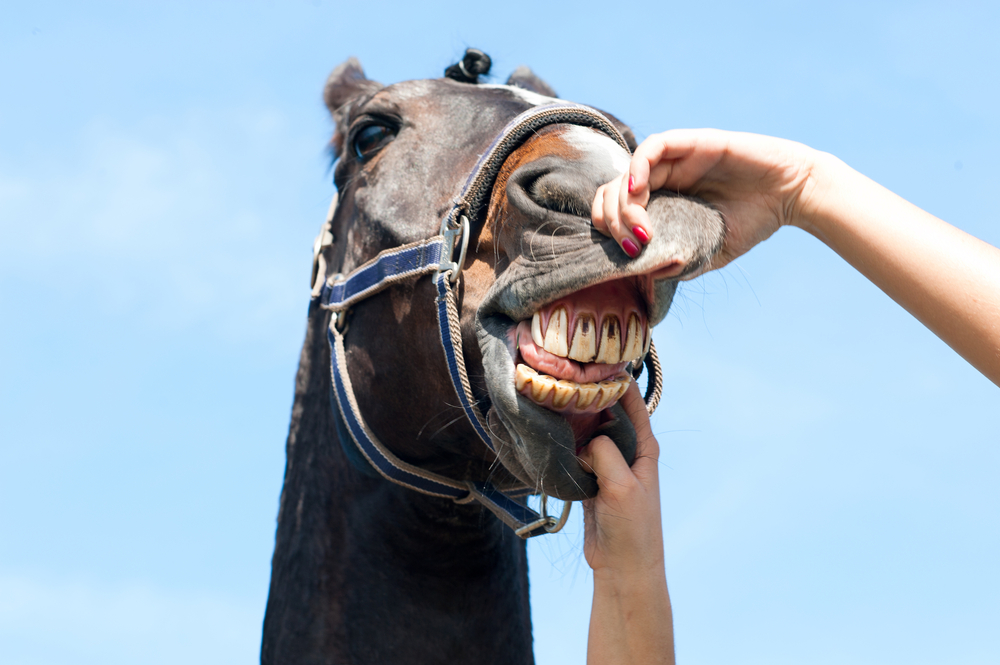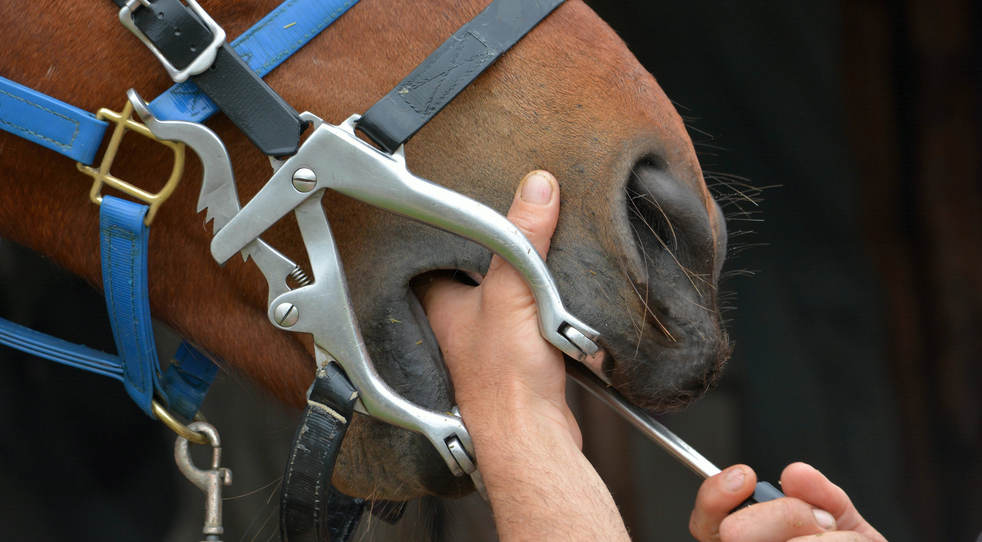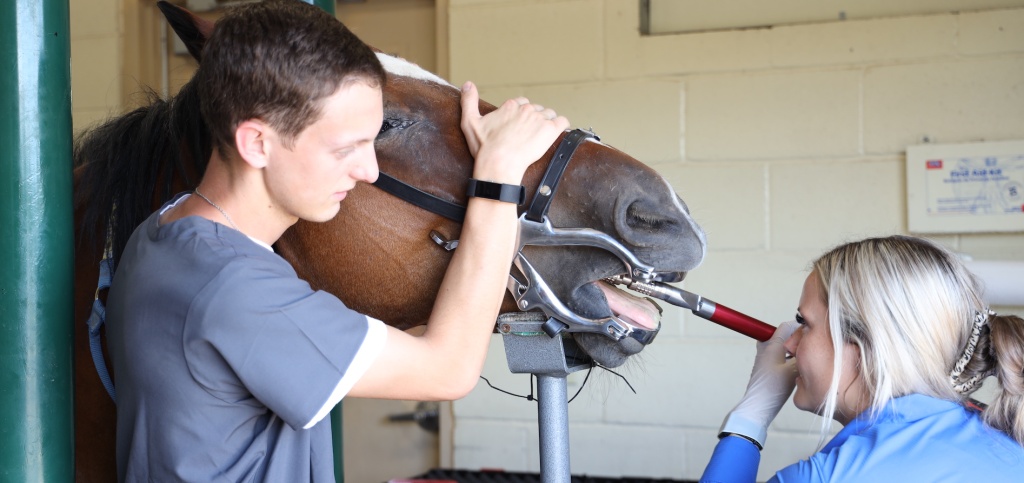
Does My Horse Need a Dentist? Understanding Equine Dental Care
The Importance of Equine Dental Care
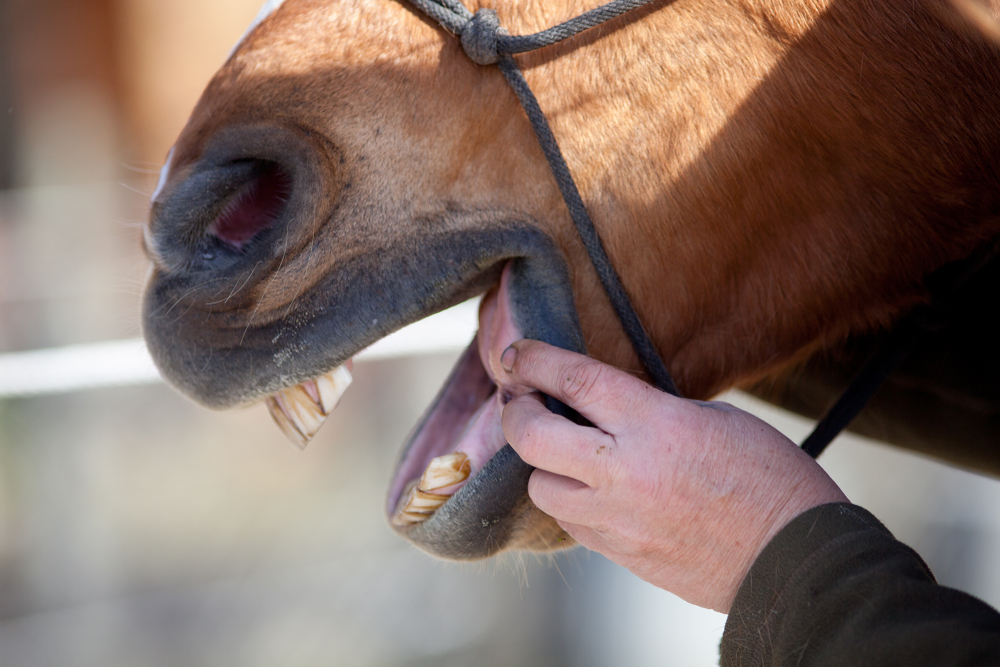
Benefits of Regular Dental Care for Horses
1. Improved Digestion: Properly aligned and maintained teeth allow horses to chew their food more effectively, leading to better digestion. Horses with dental issues may struggle to break down food, which can cause discomfort and digestive problems.
Common Signs Your Horse Needs to See a Dentist
• Dropping Food (Quidding): If your horse drops partially chewed food from its mouth, it could be a sign that they are struggling to chew properly due to dental issues.
• Weight Loss: Unexplained weight loss may result from difficulty chewing or digesting food due to dental problems.
• Difficulty with the Bit: If your horse seems uncomfortable with the bit or is resistant to bridling, it may be experiencing pain from sharp or uneven teeth.
• Bad Breath or Drooling: Foul-smelling breath or excessive drooling can indicate infections or other dental problems that require attention.
• Swelling or Lumps on the Face: Visible swelling or lumps around your horse’s jaw or face may be a sign of dental abscesses or other issues that need to be addressed by a veterinarian.
